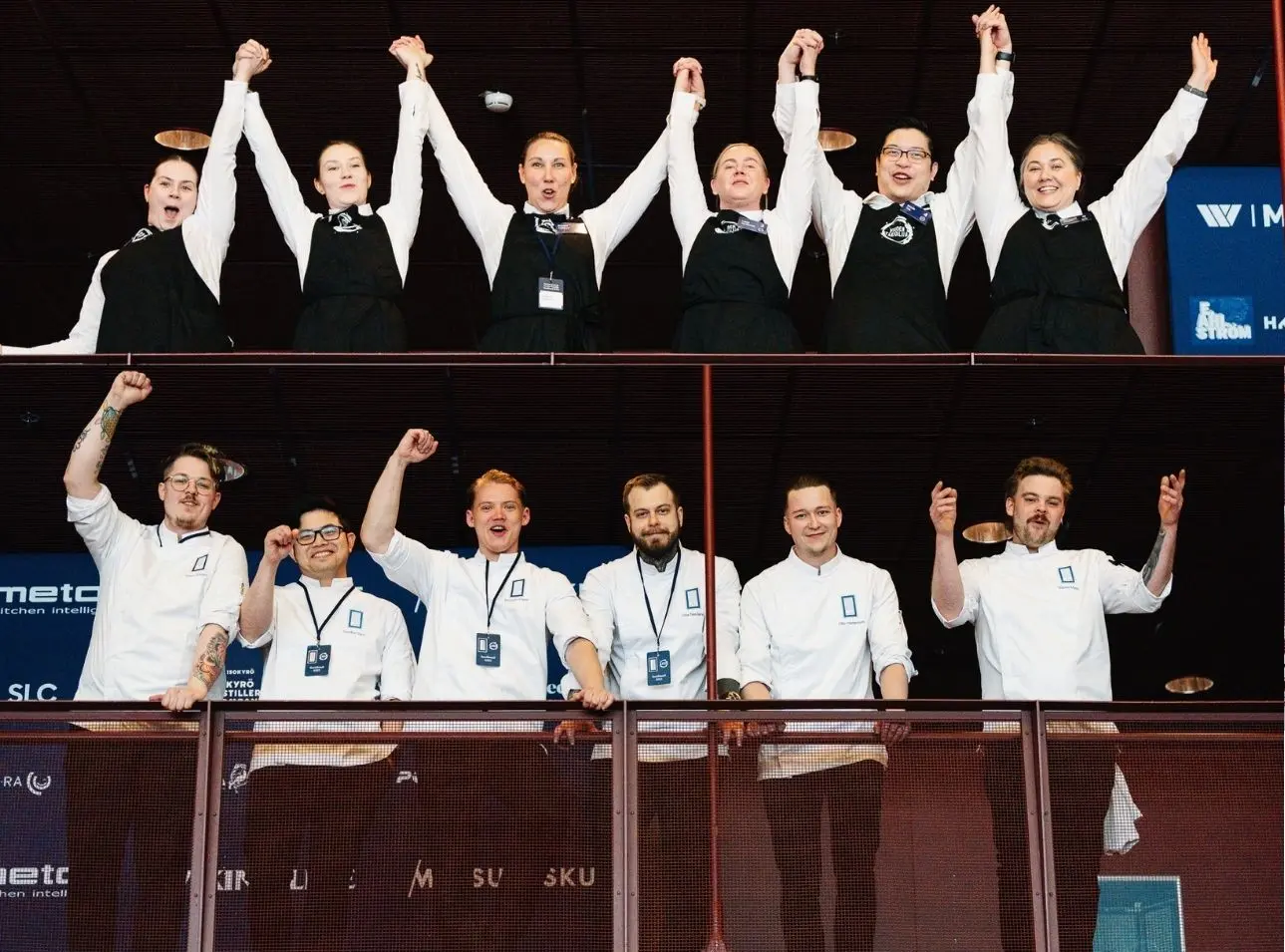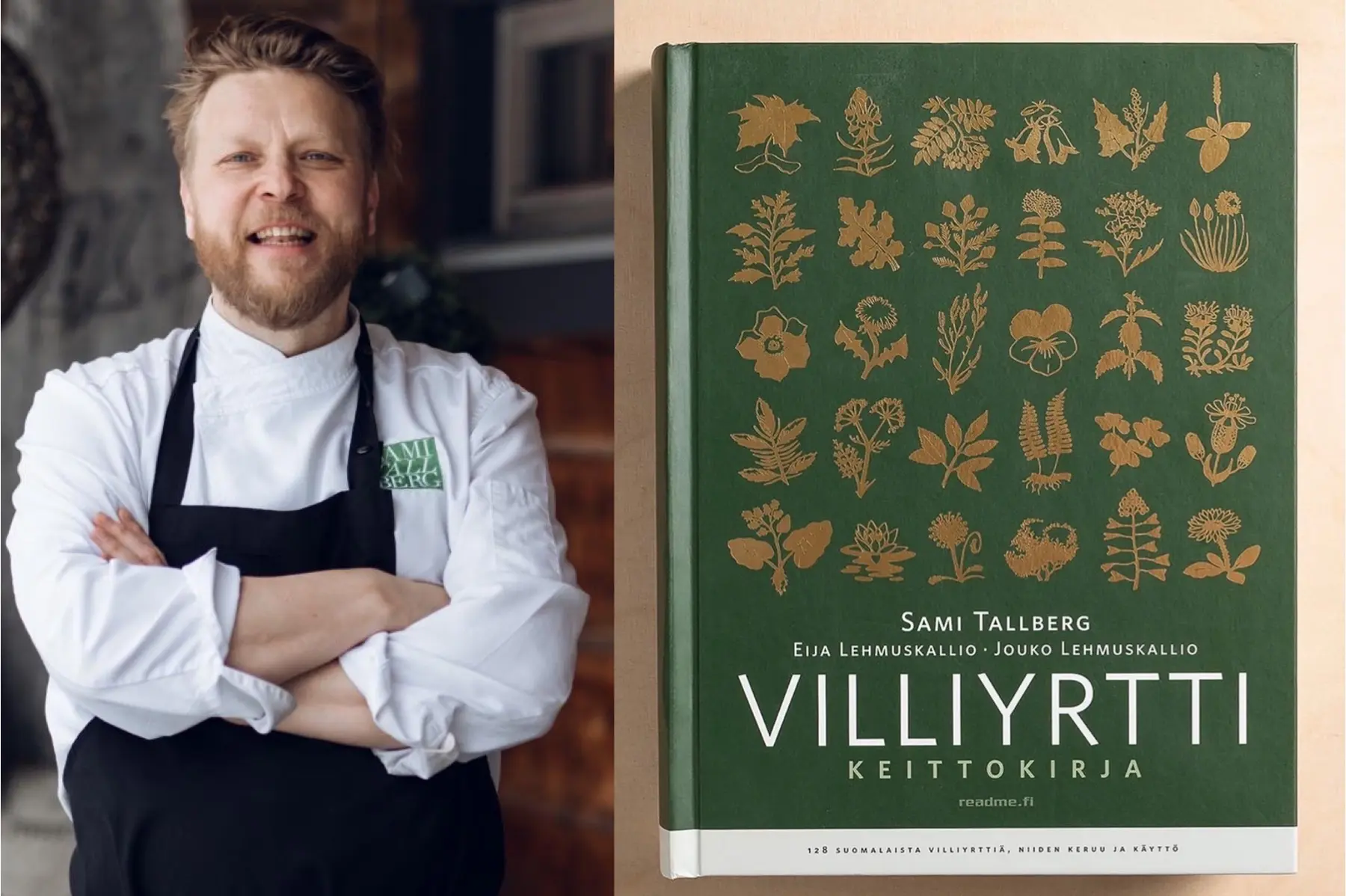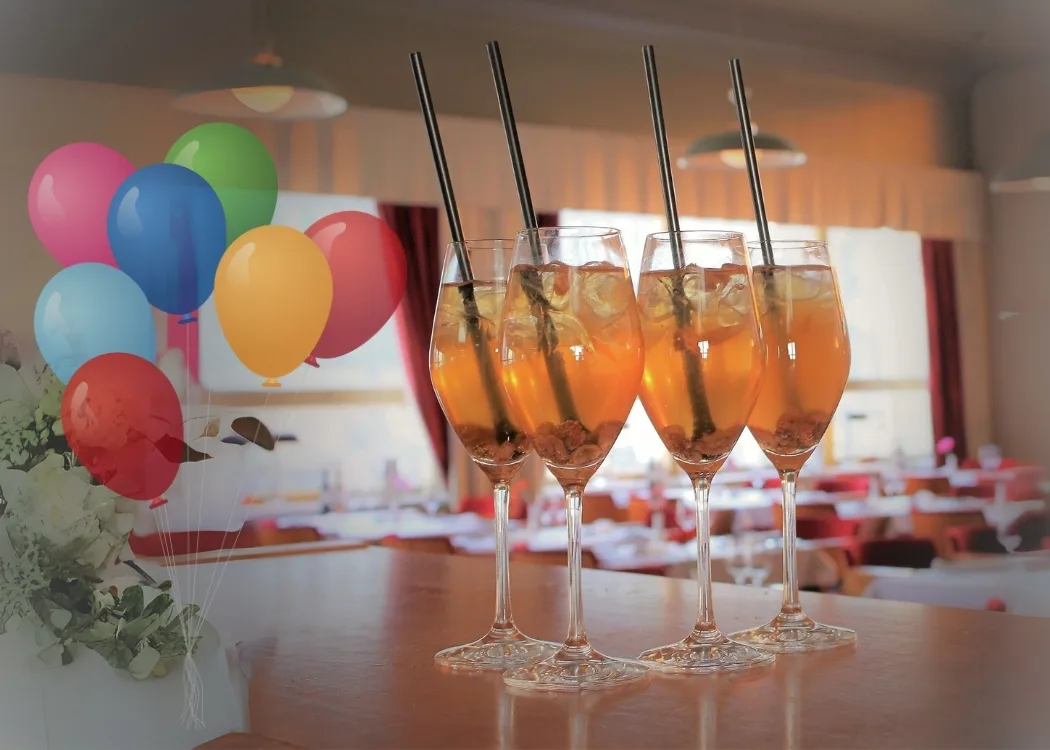Superkokkien G9-tapaaminen Limassa, Perussa vuonna 2011 synnytti julistuksen, miten kokit ja ravintolat osallistuvat yhteiskunnalliseen arvokeskusteluun. Julistuksen ja avoimen kirjeen muotoilijoina ja allekirjoittajina ovat: Ferrán Adrià, Yukkio Hattori, Massimo Bottura, Michel Bras, René Redzepi, Gastón Acurio, Alex Atala ja Dan Barber.
“At a time when society is rapidly changing, our profession must actively respond to new challenges. The culinary profession of today offers a wide variety of opportunities and trajectories. We chefs remain united by a passion for cooking and share the belief that our work is also a way of life. For us, cooking offers a world of possibilities, allowing us to freely express ourselves, pursue our interests, and fulfill our dreams.
We dream of a future in which the chef is socially engaged, conscious of and responsible for his or her contribution to a fair and sustainable society.
Indeed, we believe that cooking is not only a response to the basic human need of feeding ourselves; it is also more than the search for happiness. Cooking is a powerful, transformative tool that, through the joint effort of interested parties—whether we be chefs, producers or consumers — can change the way the world nourishes itself. We dream of a future in which the chef is socially engaged, conscious of and responsible for his or her contribution to a fair and sustainable society. As members of the International Advisory Board of the Basque Culinary Center, with a broad range of experiences, we keep dreaming about and reflecting upon the challenges to our profession. It is our hope that these reflections will serve as a reference and inspiration for the young people who will become tomorrow’s chefs.
An Open Letter to the Chefs of Tomorrow and signed in Lima on September 10, 2011.”
Ferrán Adrià, Yukkio Hattori, Massimo Bottura, Michel Bras, René Redzepi, Gastón Acurio, Alex Atala and Dan Barber…
Dear chef,
In relation to nature:
- Our work depends on nature’s gifts. As a result we all have a responsibility to know and protect nature, to use our cooking and our voices as a tool for recovering endangered varieties and species, and promoting new ones. In this way we can help protect the earth’s biodiversity, as well as preserve and create flavours and to elaborate culinary methods.
- Over the course of thousands of years, the dialogue between humans and nature has created agriculture. We are all, in other words, part of an ecological system. To ensure that this ecology is as healthy as possible, let’s encourage and practice sustainable production in the field and in the kitchen. In this way, we can create authentic flavours.
In relation to society:
- As chefs, we are the product of our culture. Each of us is heir to a legacy of flavours, dining customs and cooking techniques. Yet we don’t have to be passive. Through our cooking, our ethics, and our aesthetics, we can contribute to the culture and identity of a people, a region, a country. We can also serve as an important bridge with other cultures.
- We practice a profession that has the power to affect the socio-economic development of others. We can have a significant economic impact by encouraging the export of our own culinary culture and fomenting others’ interest in it. At the same time, by collaborating with local producers and employing fair economic practices, we can generate sustainable local wealth and financially strengthen our communities.
In relation to knowledge:
- Although a primary goal of our profession is to provide happiness and stir emotions, through our own work and by working with experts in the fields of health and education, we have a unique opportunity to transmit our knowledge to members of the public, helping them, for example, to acquire good cooking habits, and to learn to make healthy choices about the foods they eat.
- Through our profession, we have the opportunity to generate new knowledge, whether it be something as simple as the development of a recipe or as complicated as an in-depth research project. And just as we have each benefited from the teaching of others, we have a responsibility, in turn, to share our knowledge.
In relation to values:
- We live in a time in which cooking can be a beautiful form of self-expression. Cooking today is a field in constant evolution that includes many different disciplines. For that reason, it’s important to carry out our quests and fulfill our dreams with authenticity, humility, and above all, passion. Ultimately, we are each guided by our own ethics and values.






Facebook Comments